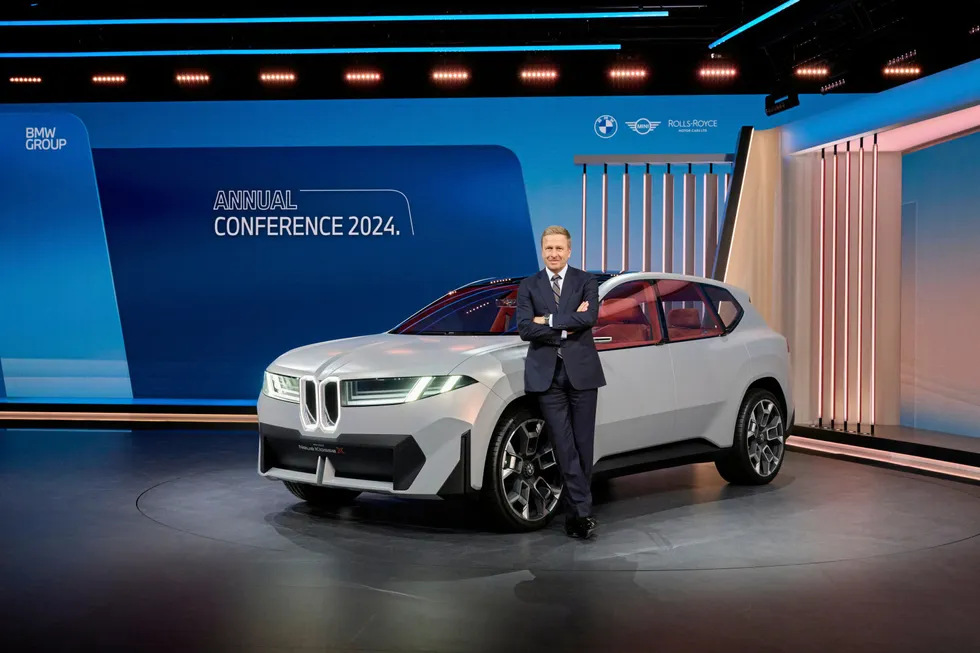No longer hip? BMW boss dials down hydrogen car rhetoric, saying battery-electric will be 'main growth drivers'
While 15 BEV models will be on the market this year, the German automaker has not given a date for when it will start selling its first FCEV

Stay ahead on hydrogen with our free newsletter
While in his speech, Zipse praised the pilot rollout of the BMW iX5 Hydrogen, noting that “the public response has been overwhelmingly positive”, he gave no hint as to when the car will actually hit the market.
He continued to stress that hydrogen-powered cars “combine the best of both worlds: the advantages of an emission-free e-drive with the fast refuelling people are used to”.
“That’s why we see hydrogen as an additional alternative drive technology that could make a lot of sense in the mid to long term,” Zipse added.
In contrast, much of the BMW CEO’s speech focused on battery-electric vehicles (BEVs), which he described as “our biggest growth drivers”.
“We will soon have sold more than one million BEVs worldwide,” he said, also noting that demand for these vehicles is expected to increase substantially from 2025 onwards.
The German automaker is set to have more than 15 BEV models on the market by the end of 2024, with more than half of its global sales by 2030 expected to be fully electric. Similarly, BMW aims for its Mini and Rolls Royce brands to become electric-only by the early 2030s.
Zipse noted that the company’s share of the BEV market is 4.1% compared to its 3.3% share of the total global market for cars.
Meanwhile, BMW’s flagship Munich plant is set to only produce BEVs from late 2027, with the company also setting up a manufacturing site in Germany for its sixth generation of batteries.
This tonal shift could be due to dismal sales for FCEVs compared to BEVs in the past year. Germany — one of Europe’s largest markets — only registered 263 new FCEVs in 2023, a nearly 70% drop from the year before, compared to 524,219 BEVs.
(Copyright)